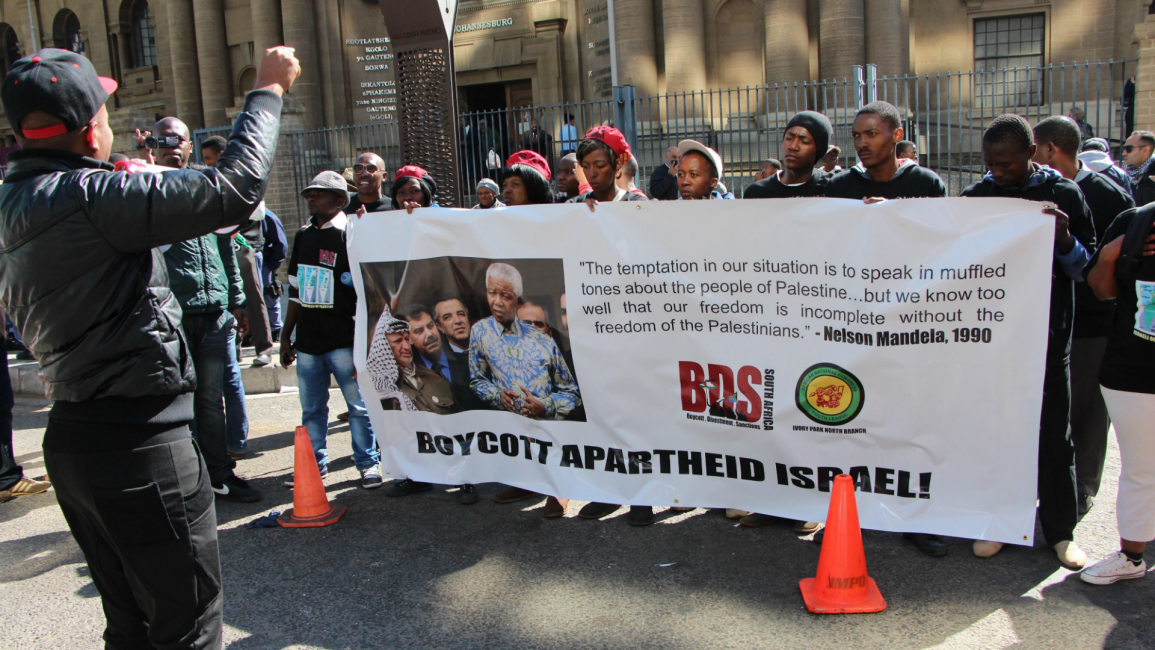Israeli settlements avoid boycott by counterfeiting international brands
Israeli businesses are counterfeiting well-known international clothing brands to avoid the international boycott, divestment and sanctions campaign (BDS) against products made in settlements that are illegal according to international law. These products are also being sold on local markets, the Palestinian Ministry of Economy announced yesterday.
The Consumer Protection Directorate, part of the Palestinian Authority, recently seized a car leaving the Israeli settlement of Burkan near the West Bank city of Salfit, according to the ministry. The vehicle was loaded with garments bearing logos of European brands. The clothes had been made in the settlement and were being sent to local markets. The occupants of the car - who were Palestinian - were arrested and charged with economic crimes.
| Some producers in settlements... used official papers saying the goods were made in Israel - Raed Nasser, Consumer Protection Directorate |
Several Israeli businesses and factories operating in settlements have relocated to Israel after facing heavy losses. This enables them to export goods to European markets that are boycotting products from Israeli settlements in the occupied territories.
Shares in Sodastream recently collapsed after it emerged that the fizzy-drink firm had a factory in an illegal Israeli settlement. Sodastream restructured its company and pulled out of the occupied West Bank after it lost almost half of its market value.
"Some producers in settlements have changed their logos, moved goods in trucks with Israeli plates, and used official papers saying the goods were made in Israel so their products can enter the Palestinian market," said Raed Nasser, director of the Consumer Protection Directorate in Salfit.
Israeli businesses work at night to smuggle their products into the Palestinian market, claimed Ibrahim al-Qadi, acting director of the Consumer Protection Directorate. He estimated there were around 250 factories in the settlements, and 3,000 other facilities such as farms, businesses and shops.
This article is an edited translation from our Arabic edition.


![President Pezeshkian has denounced Israel's attacks on Lebanon [Getty]](/sites/default/files/styles/image_684x385/public/2173482924.jpeg?h=a5f2f23a&itok=q3evVtko)



 Follow the Middle East's top stories in English at The New Arab on Google News
Follow the Middle East's top stories in English at The New Arab on Google News


